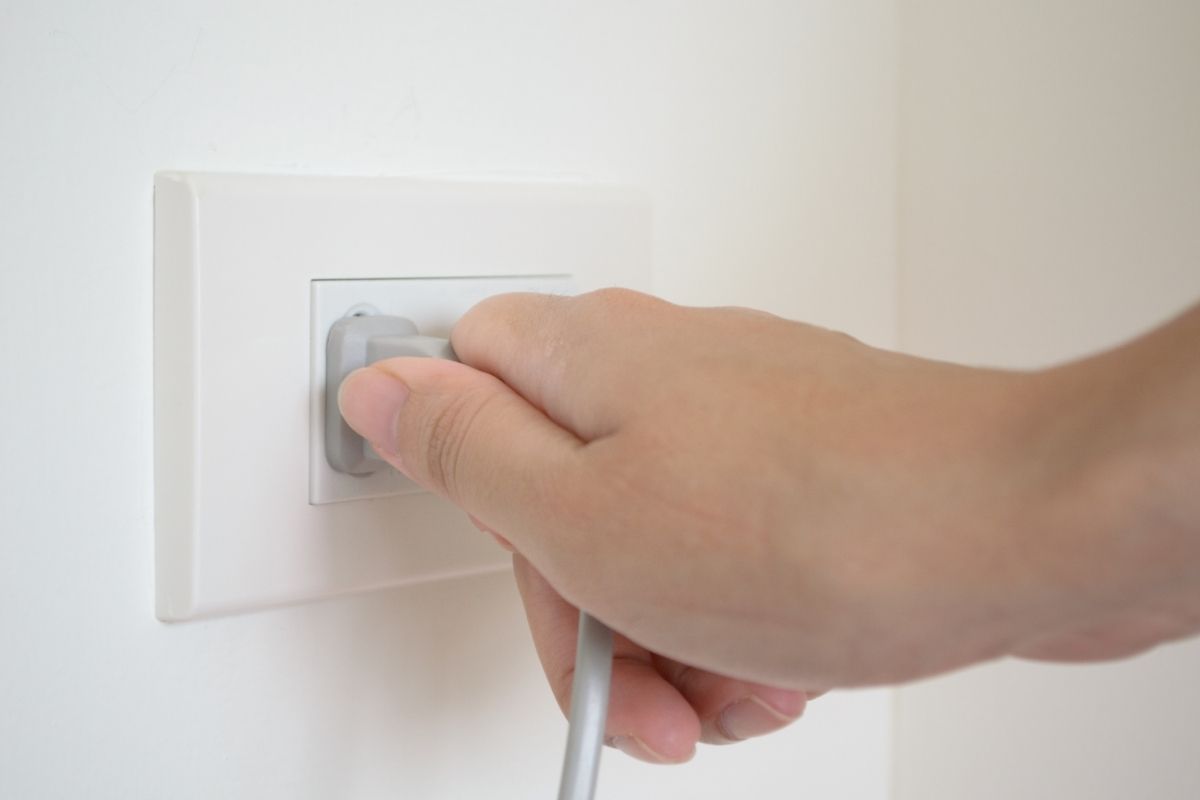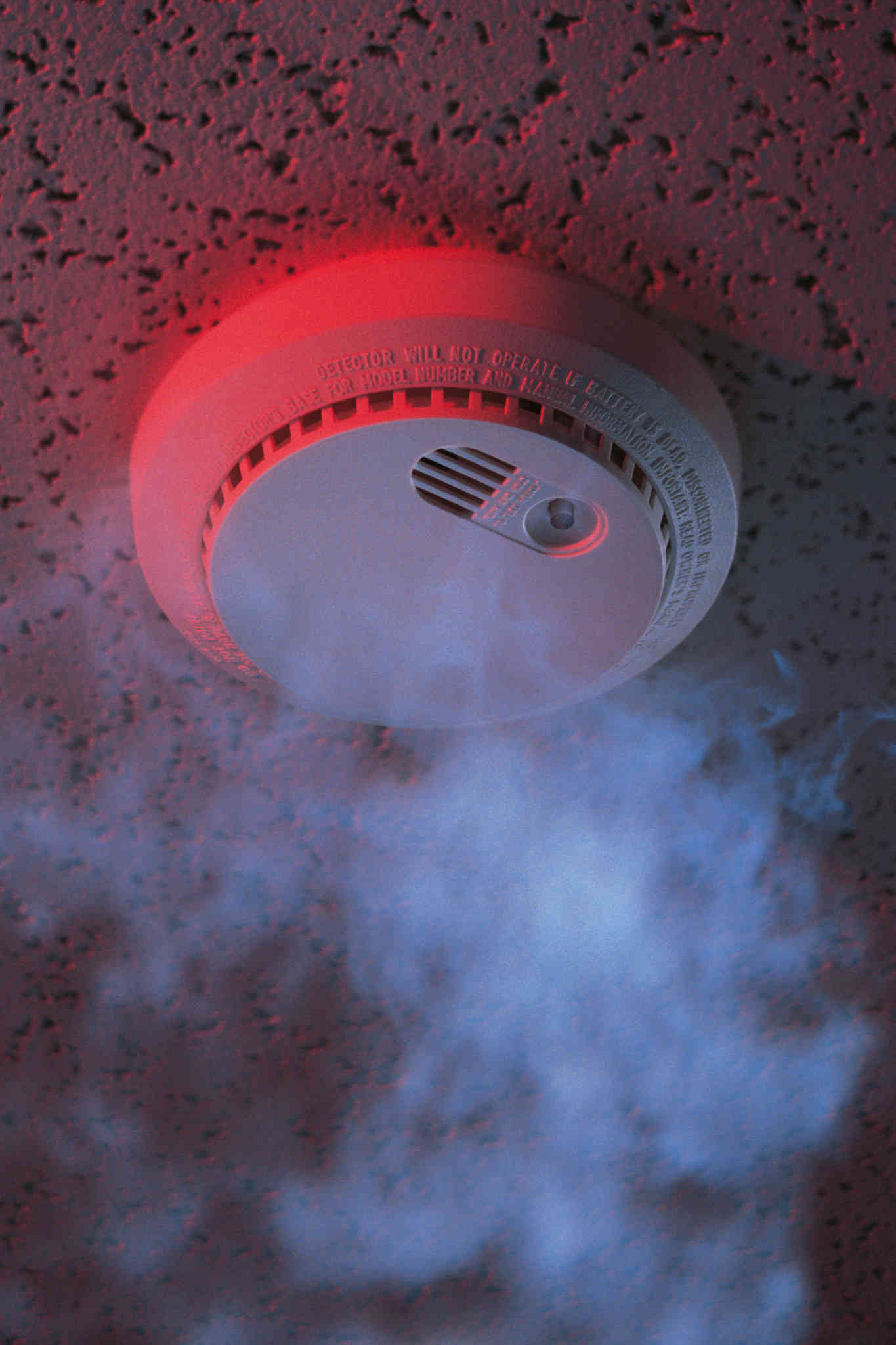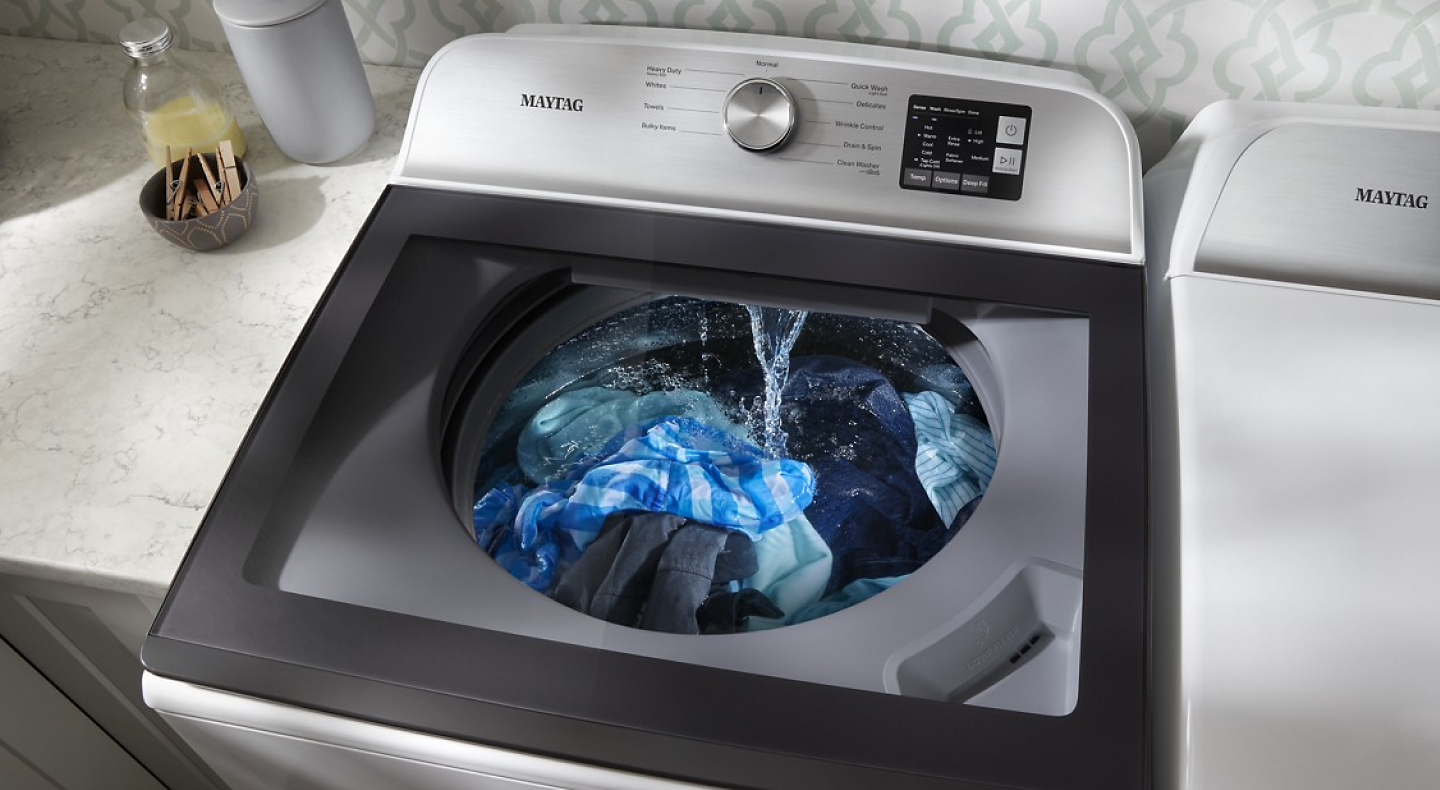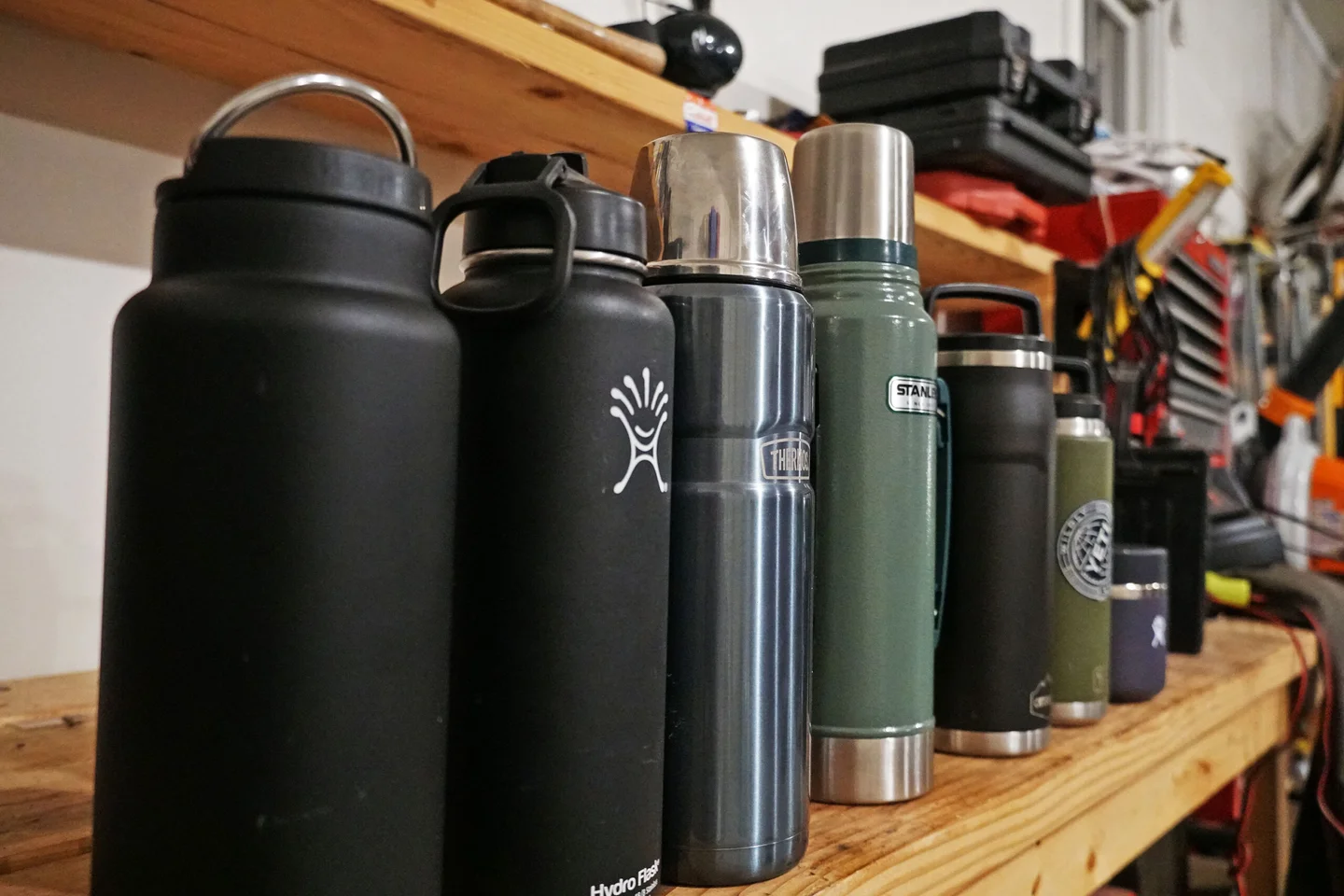If you’re going to be away from your home for an extended period, such as four months, it’s a good idea to consider what to do with your refrigerator. Here are some factors to consider:
- Remove perishable items from the refrigerator.
- Clean the fridge and leave the doors slightly ajar for airflow.
- Adjust the temperature settings to save energy if you leave it running.
- Consider the cost of energy consumption.
- Unplug the fridge safely if you choose to turn it off.
- Ensure security and have someone check on your home.
- Decide based on personal preferences and home reliability.
How to prevent fridge odors and mold when away?
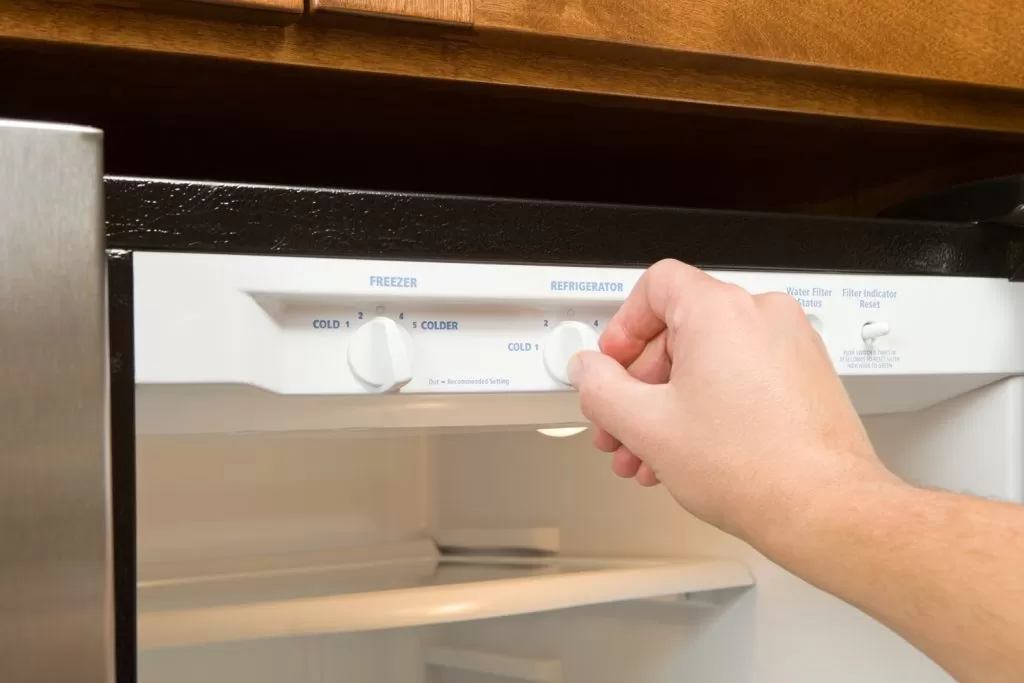
When you’re planning to be away for an extended period, removing perishable items from your refrigerator is essential to avoid food spoilage and unpleasant odors. Perishable items include items like fresh fruits, vegetables, dairy products, meats, and any other items that can go bad relatively quickly. Here’s why this is important:
Food Safety: Perishable foods left in a powered-off refrigerator for an extended period can become unsafe to consume due to temperature fluctuations. Bacterial growth can occur, leading to foodborne illnesses.
Odor Prevention: Perishable foods, when they spoil, can produce strong odors that can permeate your refrigerator and linger long after you return. This can be challenging to remove and may require extensive cleaning.
Mold and Mildew: Perishable items can also contribute to mold and mildew growth in your refrigerator, which can be harmful to both the appliance and your health.
Donation or disposal of non-perishable items
While perishable items should be removed, non-perishable items like canned goods, dry goods, and unopened packages can be handled differently:
Consider donating non-perishable food items to a local food bank or charity. This way, you can help those in need while ensuring your food doesn’t go to waste.
In addition, check the expiration dates on non-perishable items. If they are close to or have passed their expiration dates, it’s better to dispose of them responsibly to avoid consuming expired food.
Moreover, ensure that non-perishable items are well-sealed to prevent pests from getting to them during your absence.
Preventing odors and mold
Even after removing perishable items, it’s essential to take steps to prevent odors and mold growth in your refrigerator:
Cleaning: Clean the interior of your refrigerator thoroughly before leaving. Use a mixture of water and baking soda to clean surfaces and eliminate any existing odors.
Air Circulation: Leave the refrigerator and freezer doors slightly ajar to promote air circulation. Stagnant air can contribute to mold and unpleasant smells.
Activated Charcoal: Placing a container of activated charcoal inside the refrigerator can help absorb odors and maintain a fresher environment.
Regular Checks: If possible, arrange for someone to check on your home periodically. They can ensure that there are no issues with the refrigerator, and if any odors develop, they can address them promptly.
How to clean my fridge before leaving?
Cleaning the refrigerator thoroughly before leaving is crucial to maintaining a clean and odor-free appliance during your absence. Here’s a more in-depth look at this step:
Remove all items, including shelves, drawers, and any removable parts, from the refrigerator. This ensures that every nook and cranny can be cleaned.
Moreover, use a mixture of warm water and mild detergent to clean the interior. Avoid using harsh chemicals that can leave behind strong odors or damage the surfaces.
Pay special attention to any stains, spills, or food residue. Scrub these areas gently with a soft cloth or sponge.
Clean the door seals and gaskets, as these areas can trap dirt and debris. Ensure they are dry before closing the doors to prevent mold growth.
Don’t forget to clean the exterior of the refrigerator as well. Wipe down the handles, control panels, and any other accessible surfaces.
Cost considerations regarding energy consumption
When deciding whether to unplug or keep your refrigerator running during your absence, consider the following cost-related factors:
Energy Costs: Leaving the refrigerator running will consume electricity, which can result in additional energy costs. Research the energy efficiency of your specific refrigerator model and estimate the anticipated consumption during your absence.
Electricity Rates: Be aware of your local electricity rates. Higher rates may make unplugging the refrigerator a more cost-effective choice.
Environmental Impact: Consider the environmental impact of energy consumption. Reducing energy usage is not only cost-effective but also environmentally responsible.
Length of Absence: The longer you’ll be away, the more energy your refrigerator will consume. Assess the potential cost and environmental impact over your extended absence.
How to unplug the fridge correctly?
If you decide to unplug your refrigerator during your absence, follow these steps to ensure it’s done correctly and safely:
- Empty the Fridge: Remove all items from both the refrigerator and freezer compartments.
- Unplug Safely: Reach behind the refrigerator and unplug it from the electrical outlet. Do not pull on the cord, as this can damage it.
- Clean and Defrost: Thoroughly clean and defrost the refrigerator and freezer compartments. Remove any ice buildup, as it can melt and cause water damage if left unattended.
- Leave Doors Open: Leave both the refrigerator and freezer doors open slightly to allow for air circulation. This helps prevent mold growth and odors.
- Secure the Cord: Secure the refrigerator’s power cord so that it doesn’t pose a tripping hazard.
Emptying and cleaning the freezer compartment
Cleaning and emptying the freezer is a critical step, whether you unplug the refrigerator or not:
Empty the Freezer: Remove all items from the freezer. If possible, use up or donate items that you won’t be able to consume before your departure.
Defrost and Clean: Defrost the freezer, if needed, and clean it thoroughly. Remove ice buildup and wipe down all surfaces with a mixture of warm water and mild detergent.
Dry Completely: Ensure the freezer is completely dry before leaving. Moisture can contribute to mold and unpleasant odors.
Leaving refrigerator and freezer doors open
Leaving the doors of your refrigerator and freezer slightly ajar serves several purposes:
Air Circulation: Open doors allow air to circulate, which helps prevent mold growth and stale odors.
Preventing Seal Damage: Keeping the doors slightly open prevents a complete seal, reducing the likelihood of the gaskets sticking to the refrigerator and freezer compartments.
Reducing Condensation: Adequate airflow minimizes the potential for condensation buildup, which can lead to moisture-related issues.
Security measures and periodic home checks
Taking security measures and arranging for periodic home checks can provide peace of mind while you’re away:
Home Security: Ensure your home’s security system is active and properly functioning. Lock all doors and windows before leaving.
Trusted Contacts: Ask a trusted neighbor, friend, or family member to periodically check on your home. Provide them with a spare key, alarm codes, and emergency contact information.
Emergency Contacts: Share contact information for local repair services in case of appliance malfunctions or other home emergencies.
Communication: Stay in touch with your designated home-check person during your absence. They can update you on any issues and address them promptly.
How to balance energy and cost for a fridge during absence?
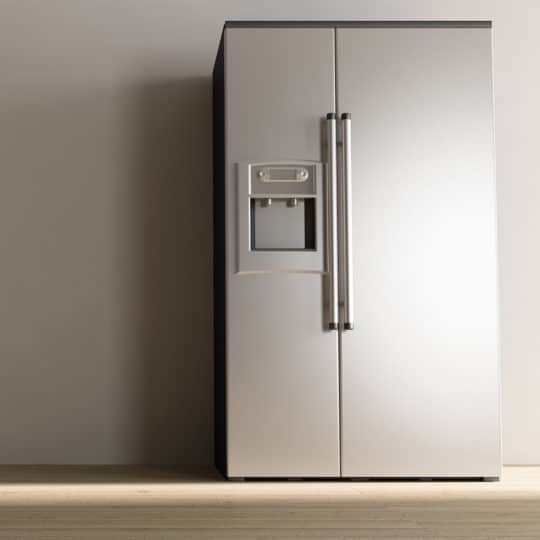
Your personal preferences and priorities play a significant role in deciding whether to unplug your refrigerator during your absence:
Some people prioritize extending the lifespan of their appliances. If you want to maximize the lifespan of your refrigerator, you might choose to leave it running to ensure it continues to circulate air and prevent moisture buildup.
In addition, others may prioritize energy conservation and reducing their carbon footprint. In this case, you might choose to unplug the refrigerator to minimize energy consumption.
Your budget and financial situation may influence your decision. Leaving the refrigerator running can result in higher electricity bills, which you need to factor into your financial planning.
However, if you are environmentally conscious, you might weigh the environmental impact of energy consumption and choose the option that aligns with your values.
Consider the convenience of returning to a fully operational refrigerator with perishable items intact versus returning to a potentially empty and defrosted fridge. Your convenience and comfort may influence your decision.
Balancing energy consumption and cost
Balancing energy consumption and cost is a crucial aspect of the decision-making process:
Energy Efficiency: Consider the energy efficiency of your refrigerator. Newer models are generally more energy-efficient, which can make leaving them plugged in for extended periods less costly.
Duration of Absence: The length of your absence matters. If it’s a short trip, the energy cost of keeping the refrigerator running may be minimal. For longer absences, the cost may become more significant.
Home reliability and security considerations
The reliability of your home systems and security can also influence your decision:
Home Security: If you’re confident in your home’s security measures and have trusted individuals checking on your property, you may feel more comfortable leaving the refrigerator running.
Appliance Age: The age and condition of your refrigerator matter. Older units may be less reliable and more prone to malfunctions, which could result in food spoilage or even water damage.
Emergency Preparedness: Have a plan in place for dealing with emergencies, such as appliance malfunctions or power outages. Ensure someone can address these issues promptly.
Appliance Health: Consider the overall health of your refrigerator. If it’s been experiencing issues, it might be safer to unplug it to prevent potential problems during your absence.
FAQ’s
How long can a refrigerator sit without being plugged in?
A refrigerator can sit without being plugged in for a few weeks to a couple of months, depending on factors like the temperature inside the appliance and the cleanliness of the interior.
How good is it to switch off the refrigerator during a long vacation?
Switching off the refrigerator during a long vacation can save energy but may not be ideal if you have perishable items inside. Consider emptying it, cleaning it, and leaving it on with the thermostat set to a higher temperature to prevent food spoilage.
Can I unplug my fridge for 5 months?
Unplugging a fridge for 5 months is generally not recommended. It can lead to mold growth, odors, and the deterioration of certain components.
How long can a fridge be off for?
A fridge can be off for a few weeks without significant issues, but it’s best to limit it to that duration. For longer periods, it’s advisable to take measures to prevent food spoilage and maintain the appliance’s functionality.
Can I unplug my fridge for 6 months?
Unplugging a fridge for 6 months is not recommended. It poses a risk of food spoilage, odors, and potential damage to the appliance.
Final Words
In conclusion, when you’re planning to be away from home for a long time, what you do with your refrigerator matters. Here are the main points to remember:
First, remember to take out all the perishable food to prevent it from going bad and making your fridge smell. You can give non-perishable items to those in need or use them up before you leave.
Cleaning your fridge well before you go is also important. If your fridge has a “vacation mode,” use it to save energy. If not, adjust the temperature settings to save electricity.
Think about the cost of running your fridge and how long you’ll be away. Unplugging might save you money if you’re gone for a while.
Don’t forget about safety. If you unplug your fridge, clean and defrost it, leave the doors open slightly, and make sure the power cord is safe.
Lastly, think about what matters most to you. Is it saving energy, extending your fridge’s life, or saving money? Your personal preferences and how much you trust your home’s security also play a big role in your decision.

